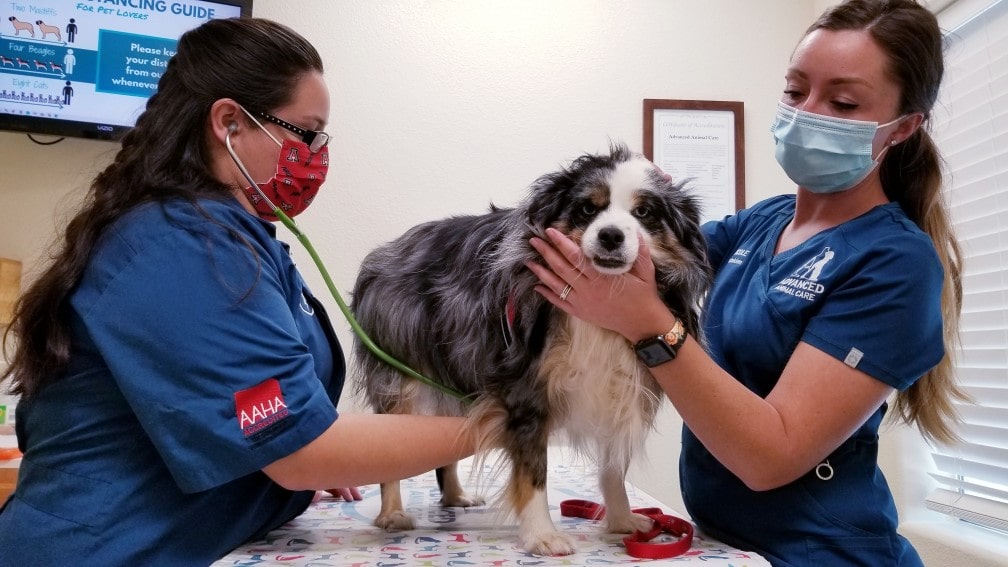Bacterial infection is a Streptococcus infection that can cause illness in dogs. Usually, puppies and older dogs are most susceptible to developing this disease because their immune systems are not fully developed or weakened respectively.
Please note that when a dog’s immune system is weakened (for any reason), they are at a higher risk of contracting a bacterial infection.
What are the symptoms of bacterial infection in dogs?
Some common symptoms of a bacterial infection are:
- Fever
- Coughing
- Difficulty in walking
- Weakness
- Stop eating food
- Excessive sleepiness
- Respiratory distress
- Infected cuts
- Rashes on the skin, around eyes and ears
- Painful urination
- Nasal discharge
- Refuse to play or walk
Types of bacterial infection in dogs
There are five types of bacterial infections:
Skin Infection
Skin infection is very common in dogs. It occurs when a dog’s skin is cut or wounded. Pyoderma refers to a bacterial infection of the skin.
Read Also: Most Common Allergies in Dogs
Throat Infection
A dog infected with a throat infection suffers from pain in the throat. They will have difficulty eating and drinking. They will refuse to eat food or drink water.
Urinary Tract Infection
Symptoms include pain during urination, frequent urination, blood in the urine. Look for your dog training and/or crying out in pain when trying to pass urine.
Respiratory Infection
Symptoms include coughing, vomiting, high fever, and breathing difficulties.
Sinus Infection
Symptoms include a runny nose and watery eyes.
Causes of bacterial infection in dogs
- Weak immune system
- Contact with other infected dogs
- Untreated wounds and cuts on dog’s skin
- Not proper post-operative care or right antibiotics
Diagnosis
A bacterial infection in a dog can be diagnosed based on the symptoms and what the veterinarian finds after a physical examination. The veterinarian will go through several lab tests such as allergy tests, urinary tests, blood tests, bacterial cultures, fungal cultures, etc. to figure out the bacteria strain and whether the infection has spread throughout the dog’s body or not. They will take some x- rays, do MRI or ultrasound if required to make a diagnosis.
Treatment
The treatment of a bacterial infection in dogs depends upon where the infection gained access to the dog’s body. A dog might be hospitalized based on the seriousness of the infection.
Make sure to follow your veterinarian’s directions carefully to get rid of the infection. Once your dog is better, ask your vet for ways to build your dog’s immunity.
One of the best ways to boost your dog’s immune system is to start them on health supplements. CBD treats are a great option to help build a dog’s immunity. You can learn more about them at Farma.health.
Reference: Vetary
Share your thoughts with us in the comments below!

 DogExpress
DogExpress


















 in Chandigarh, India.
in Chandigarh, India. 
